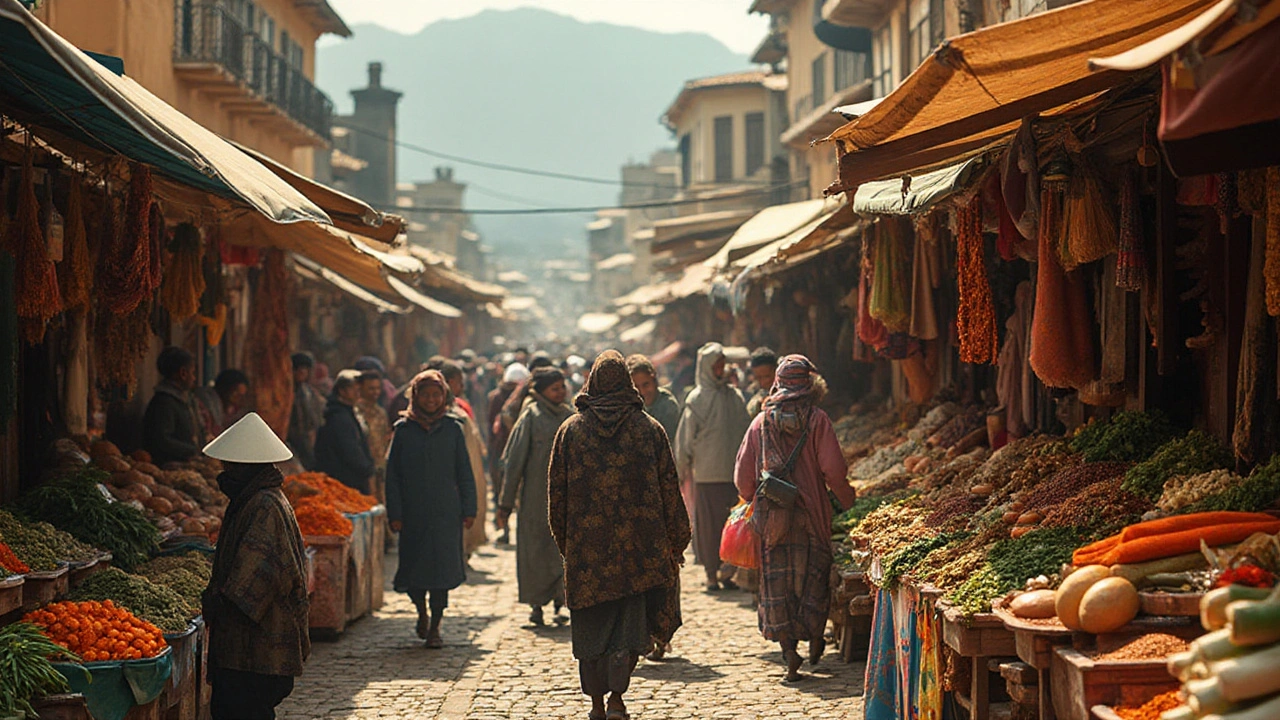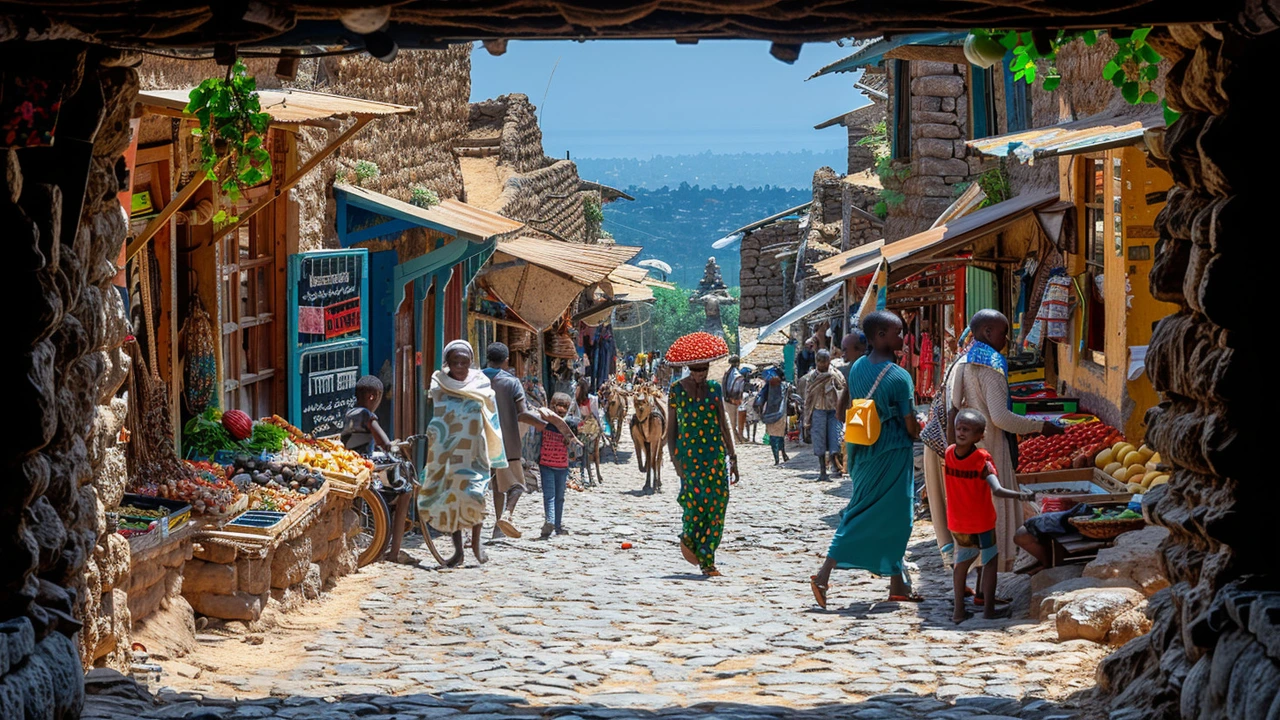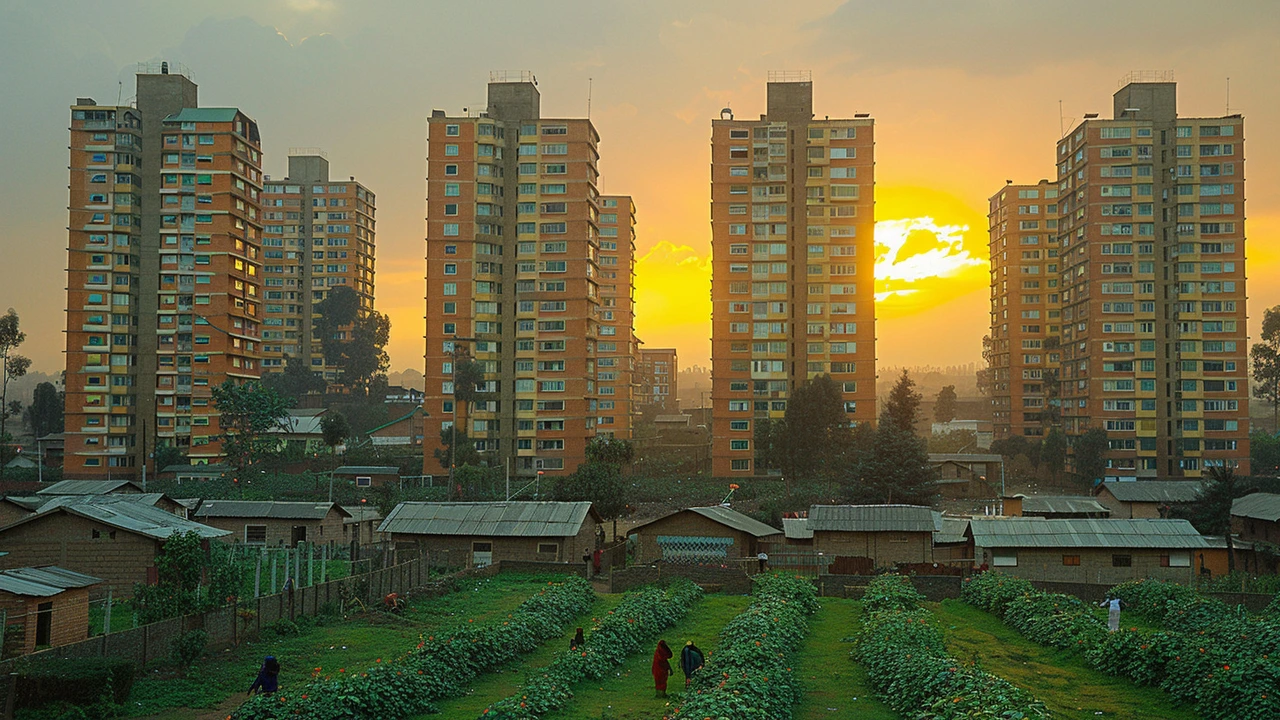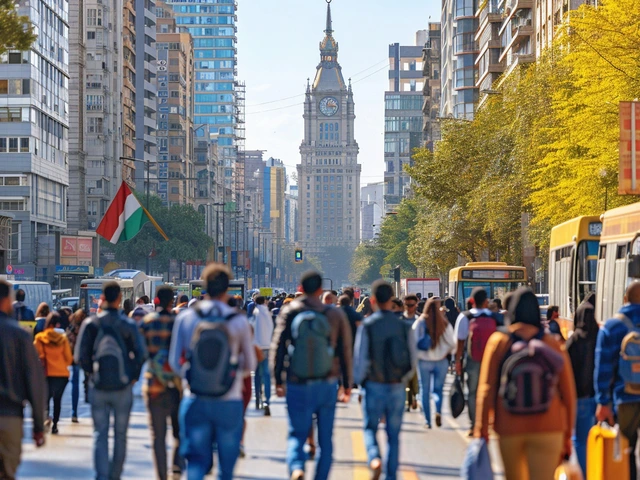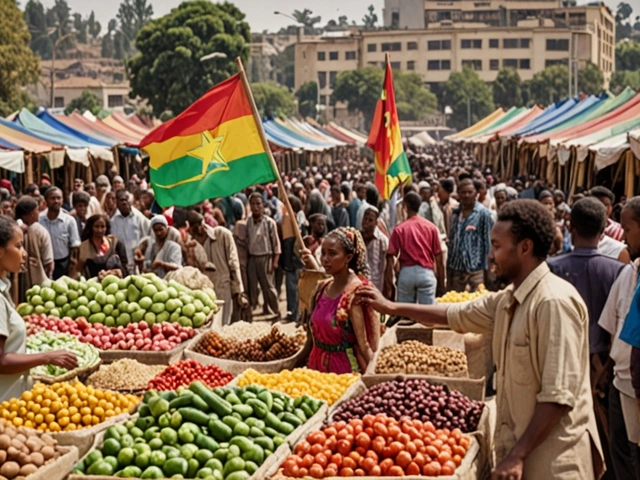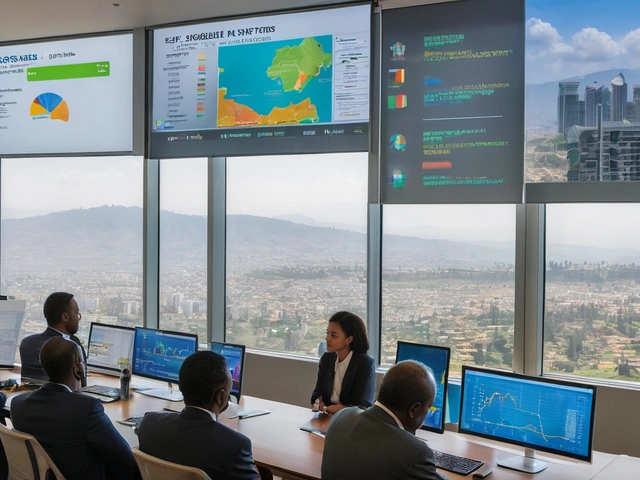Living Conditions in Ethiopia: Practical Insights for Everyday Life
Curious about what it’s like to live day-to-day in Ethiopia? Real life here isn’t just about beautiful landscapes or historic sites—you’ll notice the cost of housing, daily expenses, job opportunities, and social life up close.
Let’s start with housing. In cities like Addis Ababa, you’ll see everything from modern condos to traditional homes called tukuls in rural areas. Rent in the capital varies wildly depending on location and amenities, and it's normal to spend a big chunk of your salary on housing. Affordable options are out there, especially if you look in developing neighborhoods or consider sharing with roommates. If you’re moving from abroad, brace yourself for upfront rent payments, sometimes several months in advance.
Next comes the cost of living. Groceries and utilities in Ethiopia are cheaper compared to Western countries, but imported goods carry a premium. Eating local is a money-saver—think injera, shiro, and fresh produce from neighborhood markets. Public transport is affordable but can be crowded; car ownership comes with high import taxes and fuel prices, so most people stick to buses, taxis, or ride-sharing apps in bigger cities.
Jobs and salaries shape how comfortable life is here. Salaries in Ethiopia are lower than what you might expect in bigger economies. For example, public sector roles, including teaching and healthcare, pay less than private sector jobs or opportunities in international organizations. There’s a huge gap between high-earning professionals and average workers, with a growing class of successful entrepreneurs and tech workers earning more, especially in Addis Ababa.
Internet access is growing, and remote work is now more possible than ever. Online freelancing, e-commerce, and digital platforms offer new ways for locals and expats to boost their income in a changing job market. That said, reliable internet can still be spotty in smaller towns or during peak times.
Safety and lifestyle matter, too. Addis Ababa is relatively safe, but like any big city, certain neighborhoods are riskier at night. Expats and newcomers usually settle in well-known, central areas where everything’s convenient—from grocery shops to embassies and schools. Social life blends traditional Ethiopian hospitality with modern nightlife, but work-life balance can vary by field.
Daily routines differ between city dwellers and people in rural areas. Outside the cities, life moves slower and is more community-based. Most people work in agriculture; incomes and expenses are lower, but so is access to advanced healthcare and slick infrastructure.
Navigating language is key. Amharic is the national language, but Ethiopia’s linguistic diversity means you’ll hear Oromo, Tigrinya, and several others. Knowing a few phrases in the local language is a big plus, whether you’re making friends or searching for rental deals.
If you’re considering a move or doing business here, staying flexible helps you adapt to everything from local customs to the busy pace of city life. Whether you’re eyeing a job, starting a venture, or just curious about daily living, Ethiopia offers a mix of opportunities and real-life challenges. Dive in with curiosity—you’ll pick up a lot as you go.
